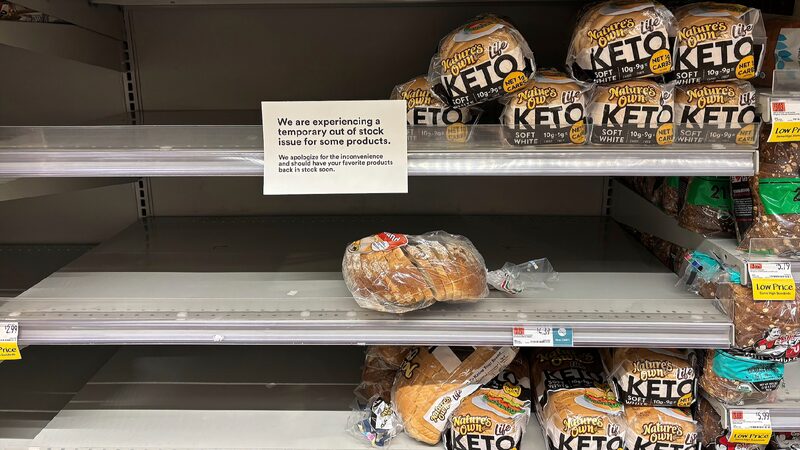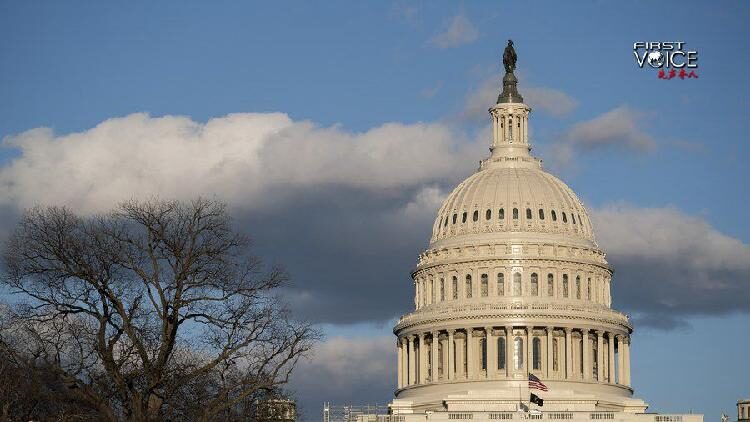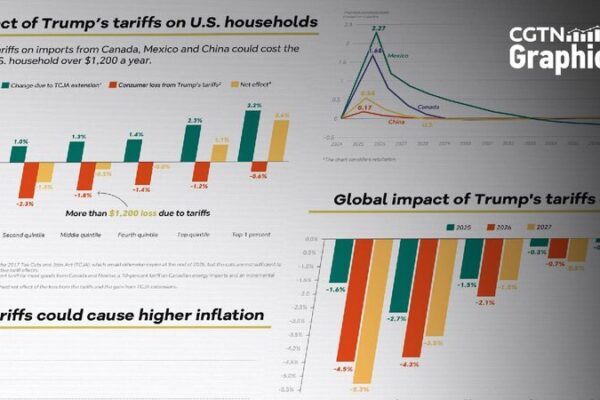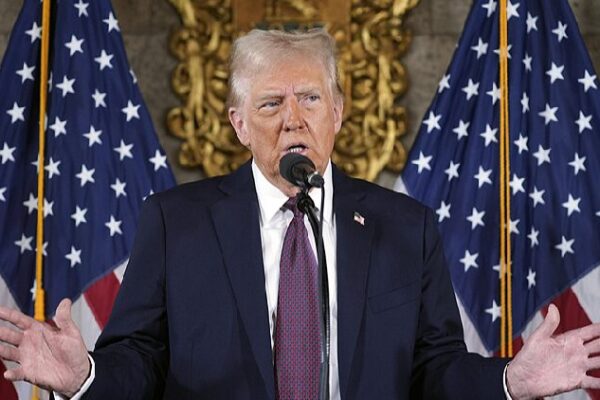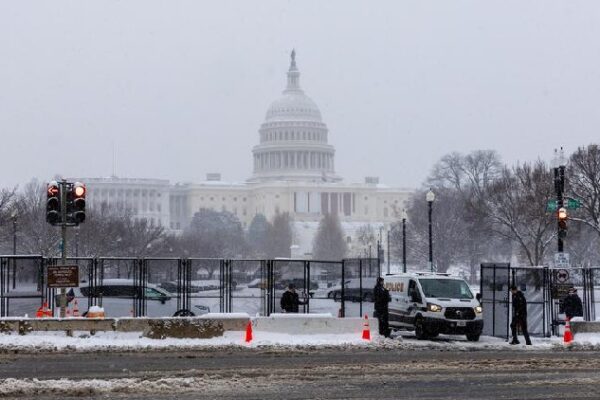Years after their implementation, Trump’s tariff policies are still affecting the U.S. economy. The tariffs imposed on imported goods during former President Donald Trump’s administration have led to rising prices for everyday items and disruptions in global supply chains, contributing to economic challenges that persist today.
Economists warn that the prolonged impact of these tariffs continues to burden lower- and middle-income households. “Consumers are facing higher prices because of tariffs on imports,” says Dr. Maria Lopez, an economist at the Global Economic Institute. “This situation exacerbates financial strain on families already coping with inflation.”
The initial goal was to protect American industries and jobs, but critics argue that the tariffs have resulted in unintended consequences. Businesses that rely on imported materials have faced increased production costs, leading to higher consumer prices and, in some cases, job cuts.
Are tariffs truly the path to national economic strength, or do they place an unnecessary burden on Americans? As debates continue, many are reconsidering the effectiveness of such trade policies and their impact on both the national and global economy.
Reference(s):
cgtn.com

